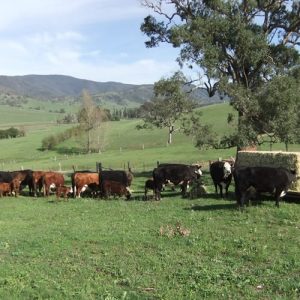Farm loans – what is different?
Plenty is different. Farming is different and farm loans need to be different. Otherwise they just become debt traps for the unsuspecting farmers.
Weather
Weather has a huge unpredictable impact on the ability of farmers to make loan repayments. That means the terms of the loan contract need to be tailored to fit with the weather pattern.
Bad seasons
Bad seasons are a key reason for loan defaults so the loan contract needs to provide flexibility in repayments to cope with floods and droughts. They are what farming in Australia is all about.
Fire
Bushfires rage in Australian summers destroying crops, pastures and often killing stock, so there needs to be a provision in each farm loan contract to cover what happens in the case of fire, flood and drought.
Pests
Mouse or locust plagues sweep Australia when seasons are just right for breeding and apart from costing a fortune to control, when out of control they can be very destructive of profits. Allowance needs to be made in the loan contract for pests.
Disease
Sometimes disease strikes, like bird flu, and devastates properties . This too needs to be taken into account when loans for as long as 15 or 20 years are taken on.
Stock on hand
This is a very valuable asset in any family business, but in city businesses stock on hand is inert and can be stored in a building. In farming the stock is alive and kicking and its nature can change in a matter of months depending on the factors listed above.
Loan management skills
Farmers are skilled at managing livestock, crops, pastures, soil, fencing, byers and sellers. They are not necessarily skilled in farm loan management because they are not doing it on a daily basis. At GBAC we are, on a national scale.
Borrowers Broker
We don’t call GBAC the Borrowers Broker, because we are not brokers and we never take any commission or other payment from lenders. We work only for the farmers and they pay us. It is rare for us not to be able to save them a lot more than what they pay us if fees, in the interest rate and charges they pay the lender.
Whoever pays the piper calls the tune
Don’t ever think that the broker who will be paid a fee of around $10,000 to deliver yo0u to a lender, is working in your interests above those of the bank that pays them. That is just impossible, no matter what the law says. Common sense is a lot more helpful than laws made by politicians who receive very large “donations” from the moneylenders.
Get it right from the start
When you want to get your loan working in your interests as well as those of the moneylending bank, give us a call at GBAC 0428 417 496, 0422907155 or 02 9988 3312 and let us get your loan set up correctly from the start. Farmers are caught like pigs in a trap by bankers who make loans on terms that are impossible for farmers to meet. Then when the farmers fail to do what is required the lender jacks up the interest rates to make it harder, bleeds the farm for as many years as it can until the debt approaches the market value of the farm, then sells the farmers up. Don’t get caught in this nasty debt trap and lose the farm!

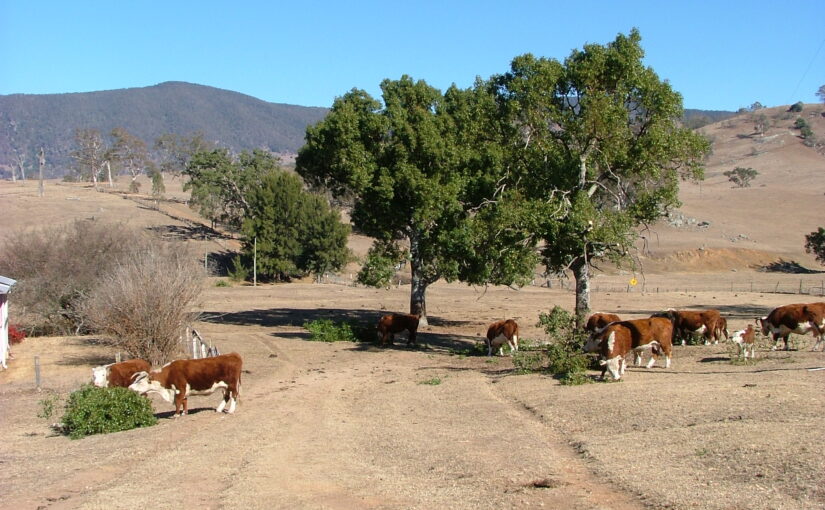


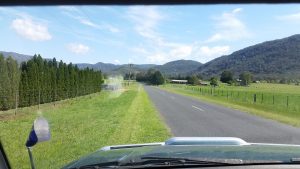 businesses are not so vulnerable to weather and commodity prices, many are with our major cities somewhat dependent on beach weather. Recent floods have devastated many businesses. Often such disasters dramatically reduce the security value of a mortgaged property. That is the ideal time to start gentle negotiations for the bank to write off a good bit of the debt. When the debt is reduced, the chances of refinanced are enhanced. Those who have played their cards right will often find themselves refinancing a much smaller debt. That is converting risk into advantage.
businesses are not so vulnerable to weather and commodity prices, many are with our major cities somewhat dependent on beach weather. Recent floods have devastated many businesses. Often such disasters dramatically reduce the security value of a mortgaged property. That is the ideal time to start gentle negotiations for the bank to write off a good bit of the debt. When the debt is reduced, the chances of refinanced are enhanced. Those who have played their cards right will often find themselves refinancing a much smaller debt. That is converting risk into advantage.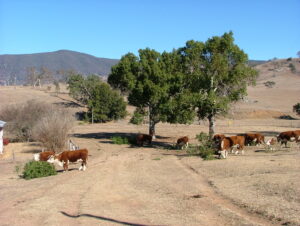 if it is possible to achieve the same result without borrowing from a bank.
if it is possible to achieve the same result without borrowing from a bank.

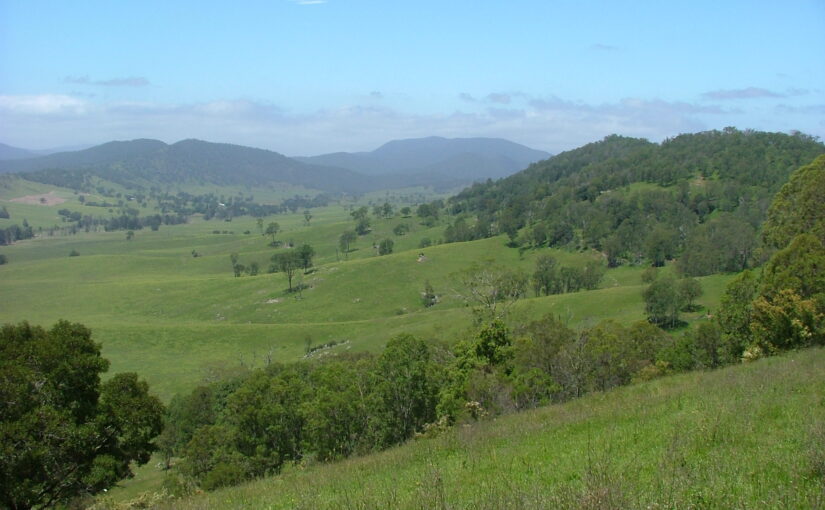

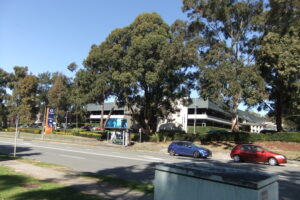

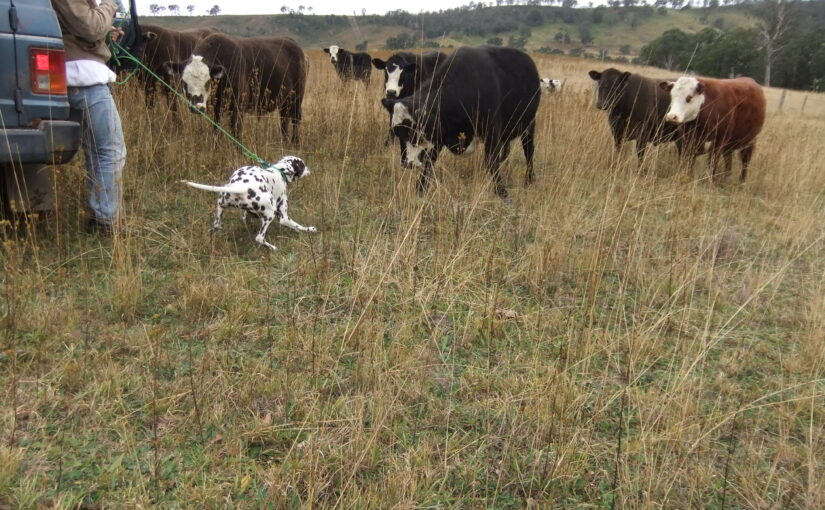

 How can any small to medium sized business or farmer be properly served by a mortgage loan broker who is paid substantial commission by a bank and knows little about business or farming?
How can any small to medium sized business or farmer be properly served by a mortgage loan broker who is paid substantial commission by a bank and knows little about business or farming?